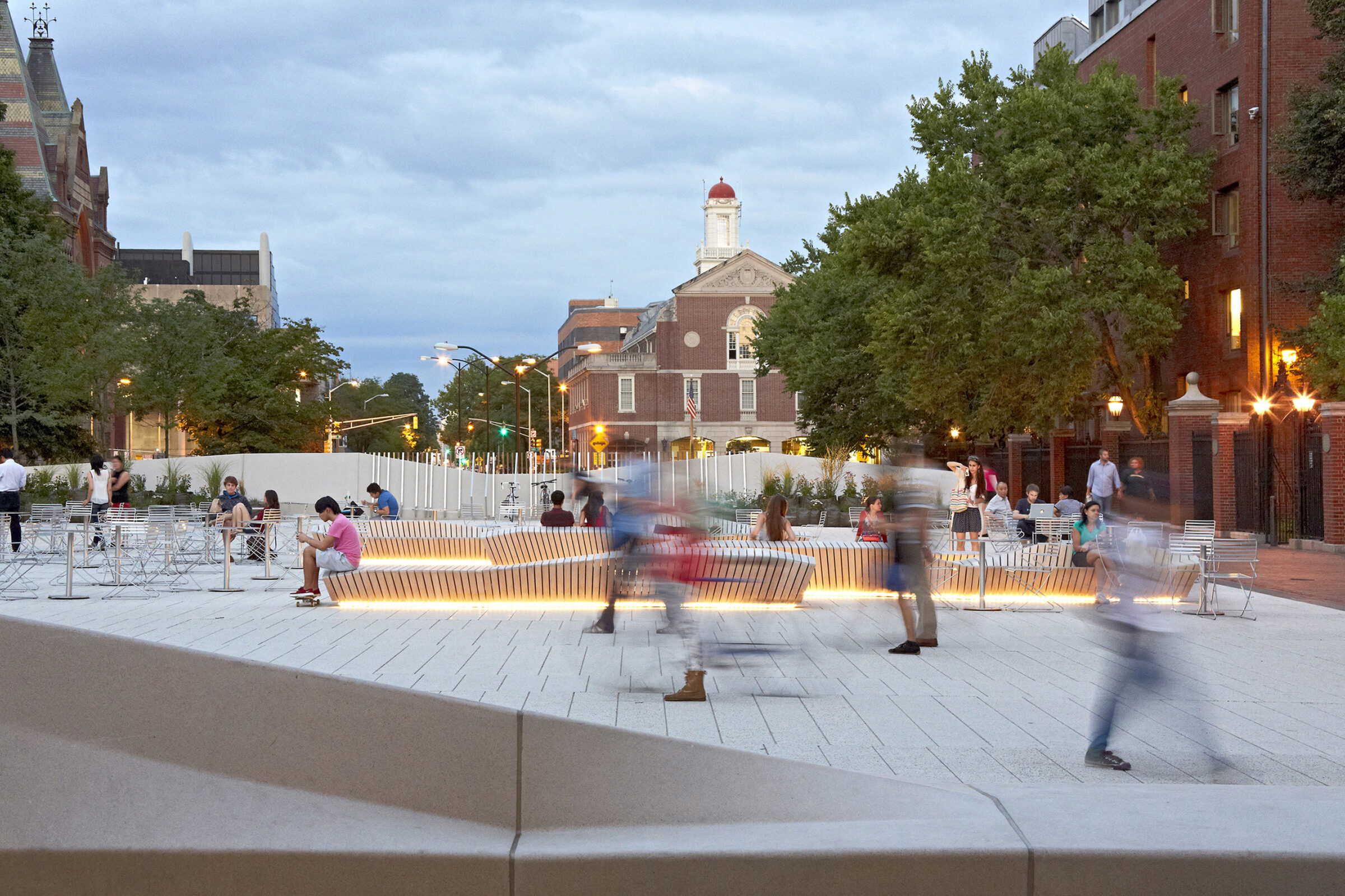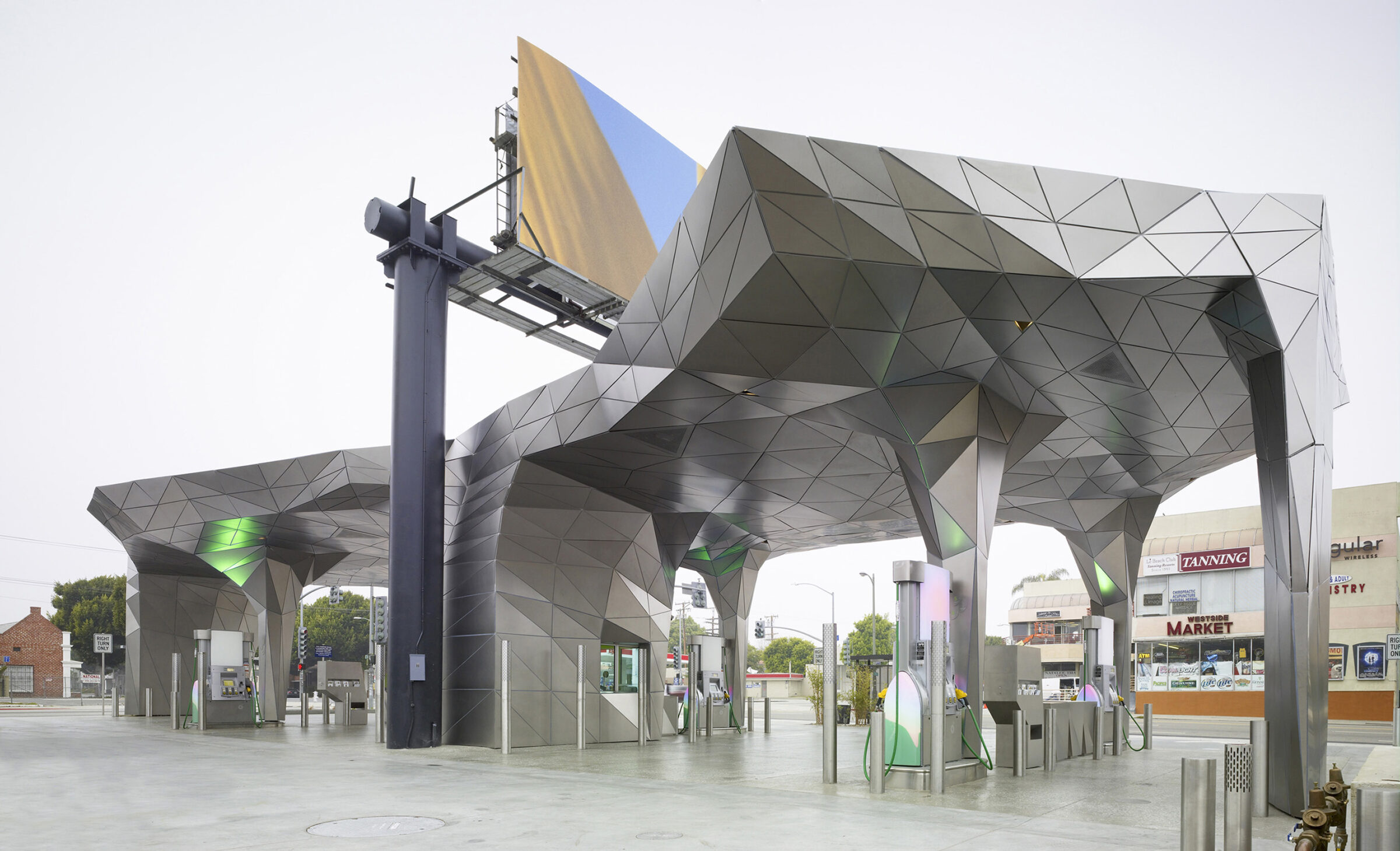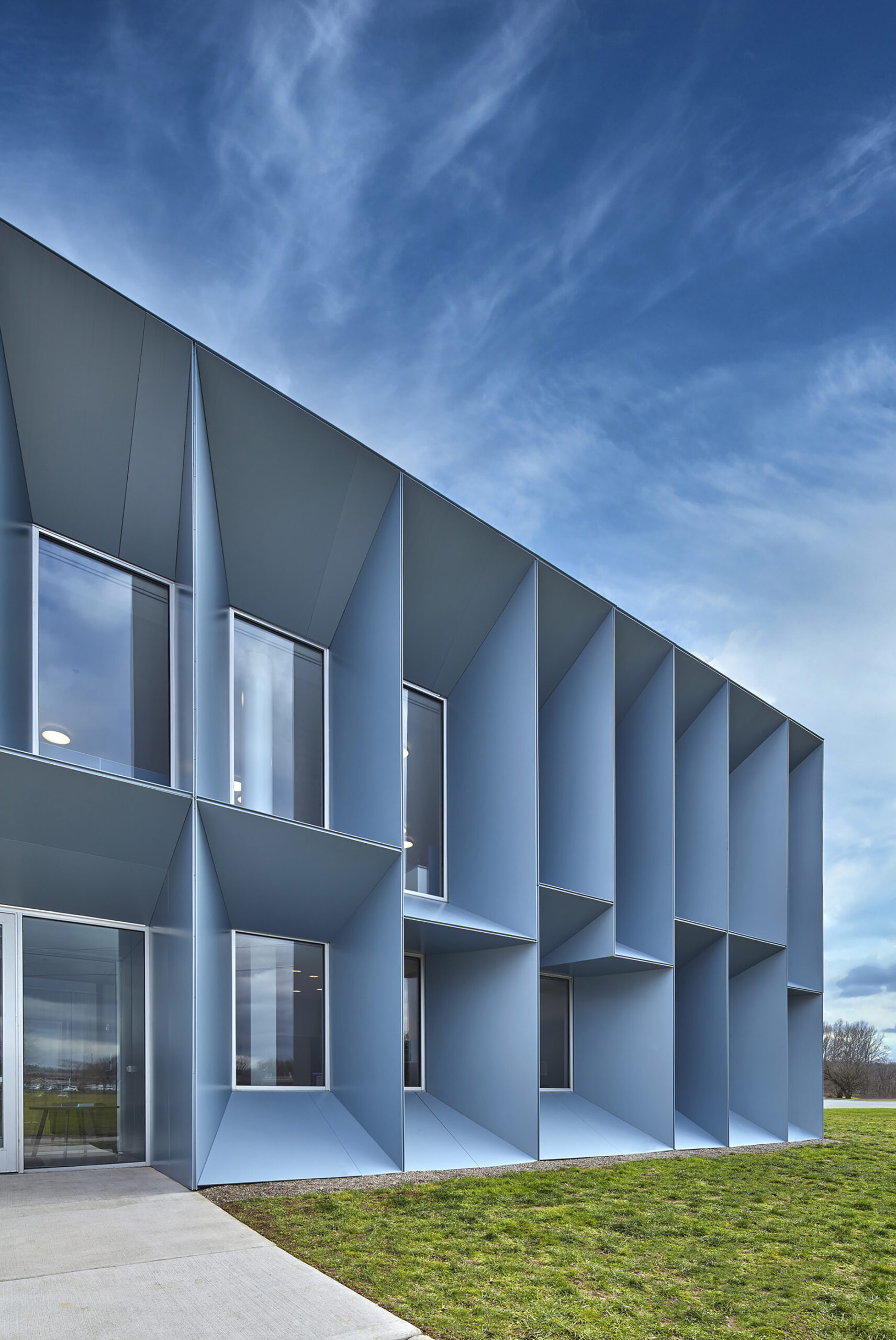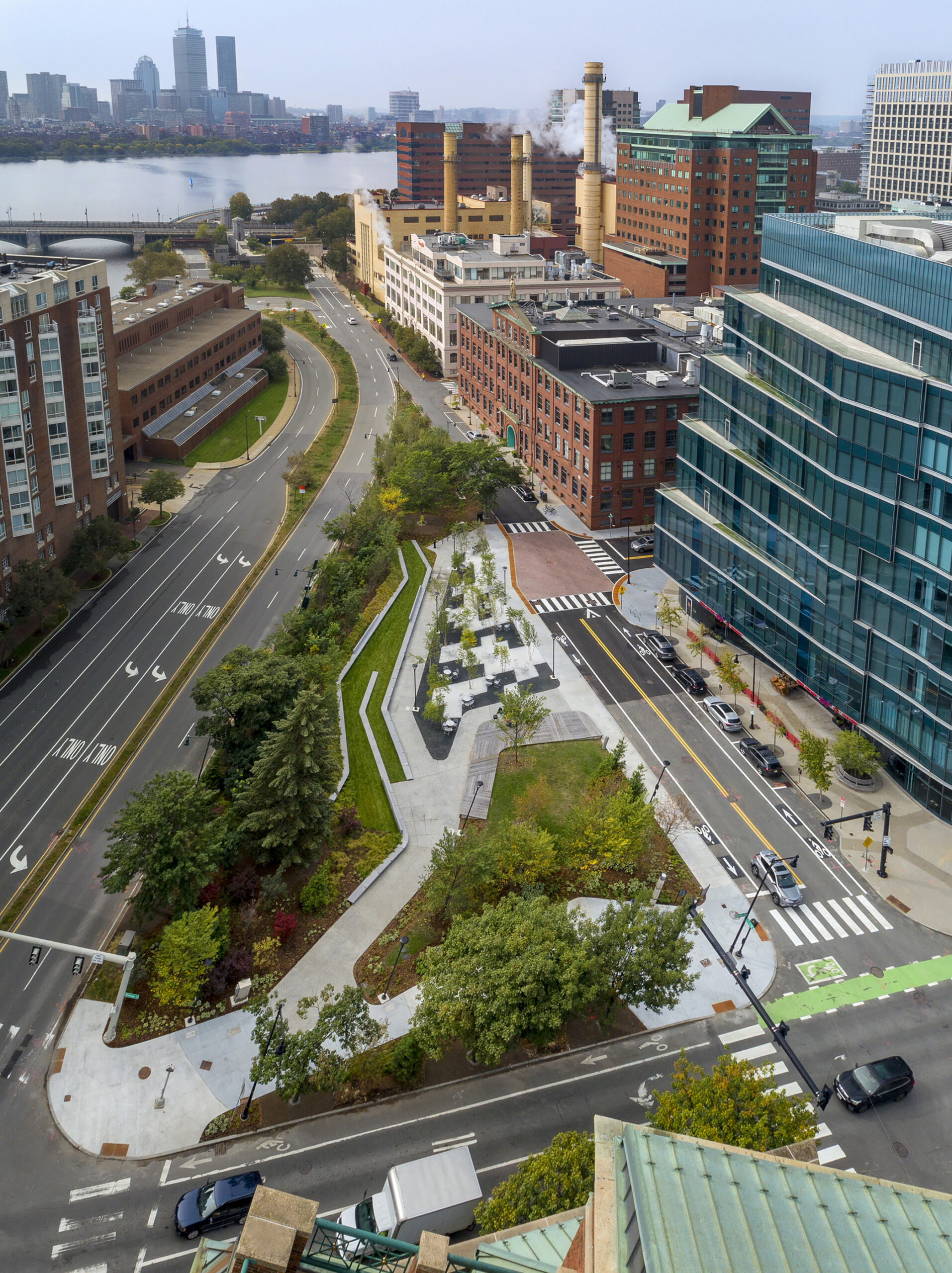STOSS Landscape Urbanism + MPdL Studio with Mark Lamster
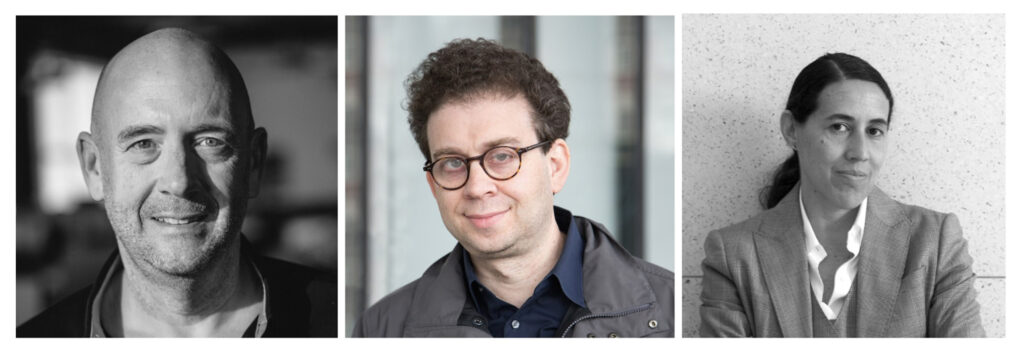
Ann Arbor, Boston, Los Angeles, and Princeton, United States
STOSS is a landscape architecture and urbanism studio known for designing public spaces that foster social equity, environmental health, and community vitality led by Chris Reed. From coastal resiliency plans to urban parks and brownfield restorations, STOSS engages complex sites with a research-driven and community-centered approach. Their work aims to reimagine neglected or underused spaces into places of pride, joy, and collective care– earning them national and international accolades such as the Cooper-Hewitt National Design Award, the Topos International Landscape Award, and two Progressive Architecture awards.
MPdL Studio is an architecture and design practice led by Mónica Ponce de León, founding Principal of MPdL Studio and Dean of the Princeton University School of Architecture. Deeply committed to the public role of architecture, the interdisciplinary practice believes in the power of design to change human experiences. Through continued experimentation and material consideration, the extensive work demonstrates possible futures for architecture and beyond.
Together, STOSS + MPdL Studio bring a multidisciplinary, inclusive, and forward-thinking lens to design—one that transforms both spaces and the communities they serve.
Mark Lamster is the architecture critic of the Dallas Morning News and a Loeb Fellow at the Harvard Graduate School of Design. His biography of the late architect Philip Johnson, The Man in the Glass House (Little Brown, 2018), was a finalist for the National Book Critics Circle Award for Biography. He is the recipient of numerous awards for his writing, including the Rabkin Prize for Arts Journalism and the Flowers Medal from the Texas Society of Architects. For more than a decade, he served as an editor at Princeton Architectural Press in New York.
2025 Biennial Project
Project Overview
Living Histories: Space for Reckoning
This project offers a new vision for downtown Dallas’s Dealey Plaza and the proposed Martyr’s Park, focusing on how public spaces can engage with complex histories and shared memories. It asks how these places can reveal hidden stories of racial and political violence, honor those affected, and create space for healing and conversation.
The reimagined sites connect Dealey Plaza, known for President Kennedy’s assassination, with Martyr’s Park, where three Black men were lynched. Together with nearby cultural institutions, the project honors those lost and challenges visitors to confront Dallas’s difficult past with honesty and respect.
Previous work
Project Overview
Venue
View more840 N. Michigan Avenue
Address
840 N. Michigan Ave, Chicago, IL 60611
Description
The Biennial expands its footprint downtown with the opening of its fifth site at 840 N. Michigan Avenue, transforming more than 65,000 square feet of space on the Magnificent Mile into a dynamic hub for art, design, and dialogue.









